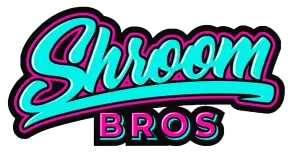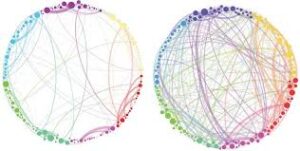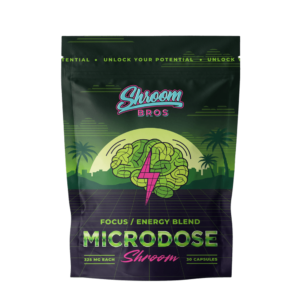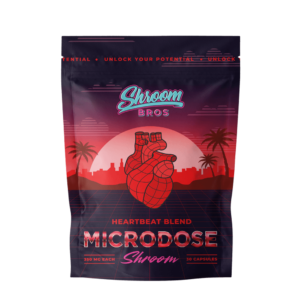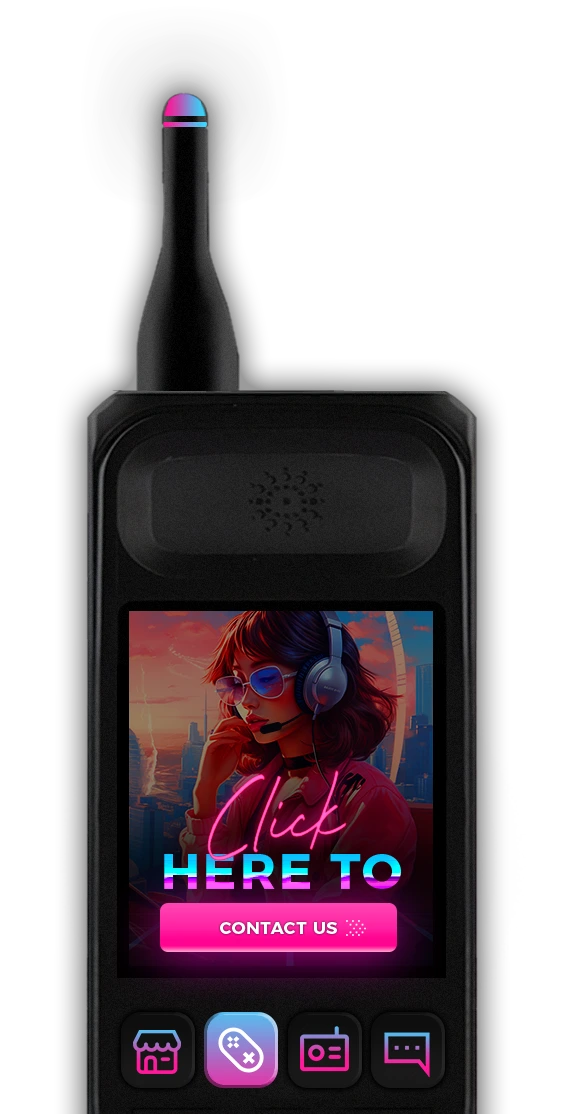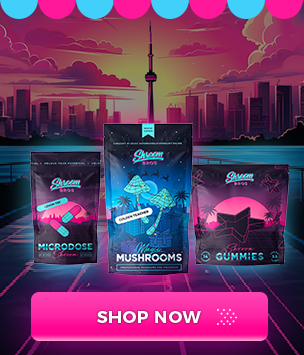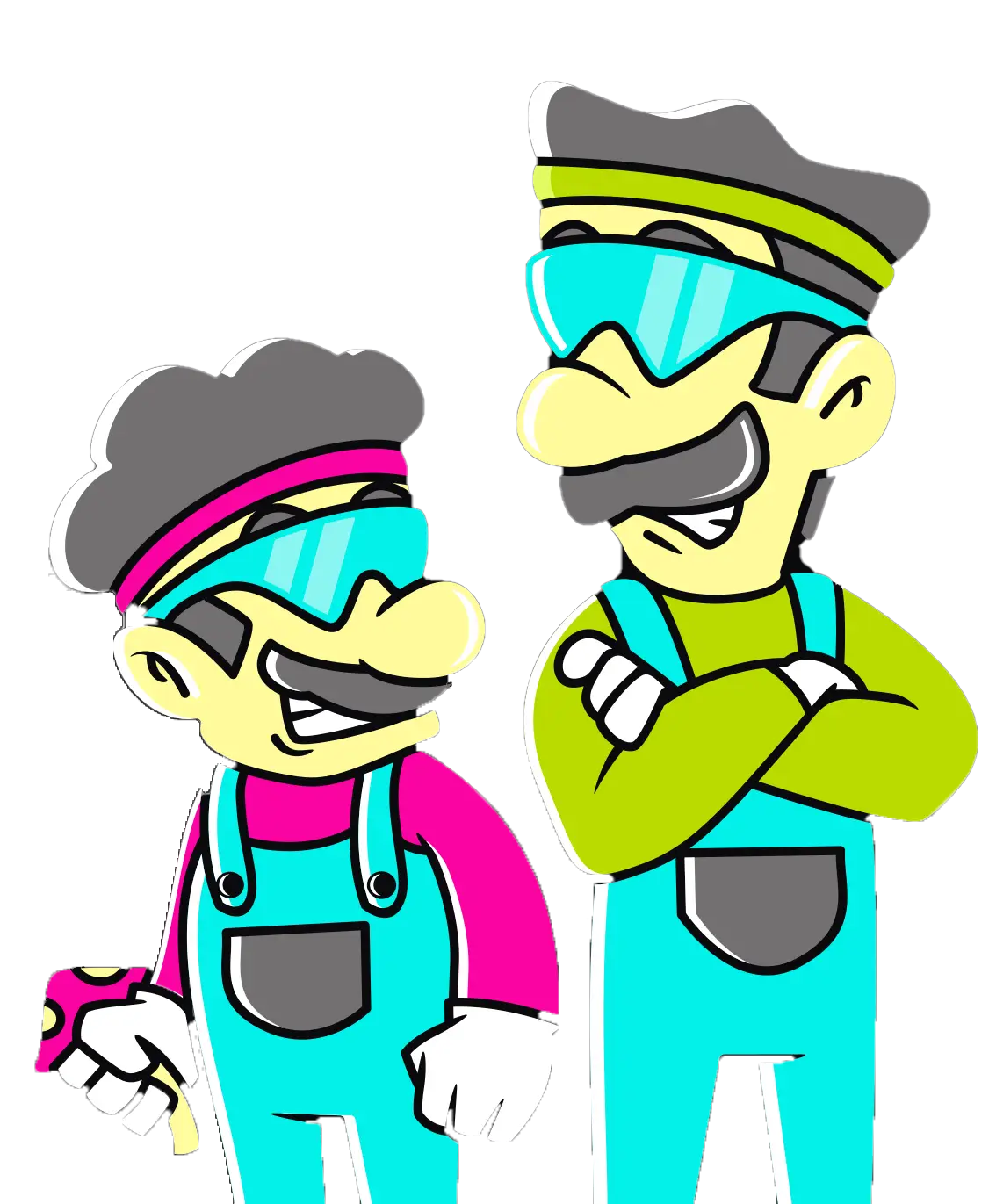In recent years, there has been a renewed interest in psychedelics as a potential treatment for mental health disorders like depression and anxiety. At the forefront of this movement is micro dosing, a practice involving the consumption of very low doses of psychedelic substances—typically a tenth or less of a “normal” recreational dose. Unlike full doses that can cause hallucinogenic experiences, micro doses are sub-perceptual, meaning that they do not typically lead to noticeable psychoactive effects. One of the most popular substances for micro dosing is psilocybin, the active compound found in certain types of mushrooms commonly known as “magic mushrooms.”
As stories of individuals experiencing relief from mental health symptoms circulate, scientists are beginning to look more seriously at whether micro dosing with magic mushrooms could provide a scientifically valid way to manage depression and anxiety. In this blog, we’ll delve into the science of psilocybin, explore how it interacts with the brain, and examine the evidence for its potential mental health benefits.
What Science Says About Depression and Anxiety
Depression and anxiety are two of the most common mental health disorders worldwide. Both are characterized by persistent changes in mood and can lead to physical, emotional, and social impairments. From a scientific perspective, depression is often linked to abnormalities in brain chemistry, specifically a reduction in the levels of certain neurotransmitters like serotonin and dopamine. These neurotransmitters play crucial roles in mood regulation, motivation, and emotional stability.
Traditional treatments for depression and anxiety include selective serotonin reuptake inhibitors (SSRIs) and cognitive behavioral therapy (CBT). While these treatments can be effective, they are not without limitations. SSRIs, for example, can take several weeks to show benefits and may come with side effects like weight gain, sexual dysfunction, and emotional blunting. Additionally, they do not work for everyone—studies show that around 30% of people with depression do not respond to traditional antidepressants. This gap in effective treatment options has led scientists to explore alternative therapies, including psychedelics like psilocybin.
Psilocybin and the Brain: How It Works
Psilocybin is a naturally occurring compound that, when ingested, is converted by the body into psilocin. Psilocin then binds to serotonin receptors in the brain, specifically targeting the 5-HT2A receptor. This receptor is associated with cognition, imagination, and self-reflection, which may help explain why people report changes in mood and perception after taking psilocybin. Unlike SSRIs, which work by blocking the reabsorption of serotonin, psilocybin directly stimulates these receptors, leading to more immediate changes in brain function.
One of the most interesting aspects of psilocybin is its impact on the brain’s default mode network (DMN). The DMN is a network of brain regions that becomes active when we are engaged in self-reflective thinking, such as thinking about the past or future. Overactivity in the DMN is often associated with symptoms of depression, as people become overly focused on negative thought patterns. Psilocybin appears to “reset” the DMN, reducing its activity and helping individuals break out of ruminative loops. This “reset” effect, though commonly studied at higher doses, may also play a role in micro dosing’s effects.
Microdosing vs. Macrodosing: How They Differ
Microdosing involves taking doses so small that they do not cause the vivid hallucinations or intense experiences associated with full (or “macro”) doses. In therapeutic settings, macrodosing sessions are often guided by trained professionals and are designed to bring about transformative insights through deep introspection. By contrast, microdosing is designed to subtly enhance mood, cognition, and creativity without majorly impacting a person’s consciousness.
The idea behind microdosing is to harness the positive effects of psilocybin on mood and cognition without the risks of a full psychedelic trip. Although scientific research on microdosing is still limited, anecdotal reports and early studies indicate that people may experience enhanced focus, improved emotional resilience, and reduced symptoms of anxiety and depression. However, much of the current evidence is based on self-reported data, which makes it difficult to draw definitive conclusions.
Scientific Evidence for Microdosing and Mental Health
Emerging studies are beginning to support the idea that psilocybin microdosing may offer real benefits for mental health. In one study conducted by the University of California, researchers found that participants who microdosed reported lower levels of depression and anxiety compared to a control group. Additionally, studies have noted that psilocybin promotes neuroplasticity, the brain’s ability to form new connections. This is significant because enhanced neuroplasticity is associated with improved cognitive function, emotional processing, and overall mental health.
Other research suggests that microdosing could improve brain connectivity, particularly in areas related to mood and emotional regulation. By affecting brain regions involved in mood processing, psilocybin microdosing may offer a new avenue for individuals who have not found relief with conventional treatments. However, researchers caution that while the findings are promising, more clinical trials are needed to establish consistent outcomes and understand long-term effects.
Mechanisms: Why Micro dosing May Alleviate Symptoms of Depression and Anxiety
To understand why micro dosing psilocybin may alleviate symptoms of depression and anxiety, it’s essential to examine the underlying mechanisms in the brain. Here are some of the critical ways that psilocybin influences mental health:
- Enhanced Neuroplasticity
Neuroplasticity refers to the brain’s ability to reorganize itself by forming new neural connections. This is crucial for adapting to new experiences, learning, and recovering from mental health conditions. Studies have shown that psychedelics like psilocybin increase neuroplasticity by promoting the growth of dendritic spines—tiny structures on neurons that help with the transmission of electrical signals. In people with depression, neuroplasticity is often impaired, which makes it difficult for them to break out of negative thinking patterns. By enhancing neuroplasticity, psilocybin can help “rewire” the brain and encourage more adaptive mental pathways. - Impact on Serotonin Receptors
As mentioned earlier, psilocybin affects the 5-HT2A serotonin receptors in the brain. This specific receptor is closely associated with mood, cognition, and perception. By binding to these receptors, psilocybin may produce an immediate uplift in mood and emotional resilience, even at low doses. This is different from SSRIs, which only increase serotonin levels indirectly by preventing the reabsorption of serotonin. The direct stimulation provided by psilocybin can lead to a faster response, which is one reason why some people report feeling better after even a single micro dose. - Reduced Activity in the Default Mode Network (DMN)
The default mode network is active when people are focused on internal thoughts, such as self-reflection, memory recall, and planning. While the DMN plays an essential role in self-identity and introspection, its overactivity has been associated with excessive rumination, which is common in depression. Studies suggest that psilocybin reduces activity in the DMN, which can help break cycles of negative self-reflection and rumination. For people with depression and anxiety, this reduction in DMN activity may lead to a sense of mental clarity, allowing them to see their thoughts from a new perspective. - Improved Emotional Processing
Psilocybin has also been found to alter emotional processing in the brain. By reducing activity in the amygdala, the brain’s fear center, psilocybin can help people become less reactive to negative stimuli. This might explain why some individuals who micro dose report feeling more grounded and less anxious in their day-to-day interactions. Improved emotional processing can enhance emotional resilience, allowing people to handle stressful situations more effectively. - Promoting Mindfulness and Present Moment Awareness
Micro dosing psilocybin has also been associated with an increase in mindfulness—the ability to stay grounded in the present moment. Mindfulness is a skill that can be developed through practices like meditation, but psilocybin appears to facilitate this process. For people with anxiety, an increased ability to focus on the present moment can reduce worry about the future and help them manage stress more effectively.
These mechanisms provide a scientific foundation for why psilocybin micro dosing may help alleviate symptoms of depression and anxiety. However, the exact effects can vary from person to person, depending on factors such as individual brain chemistry, dosage, and frequency of use.
Risks and Considerations of Micro dosing Magic Mushrooms
While the potential benefits of micro dosing psilocybin are promising, it’s important to be aware of the risks and considerations before starting. Here are some of the main factors to consider:
- Potential Side Effects
Although micro dosing does not typically cause hallucinations, it can still lead to subtle side effects. Some individuals report feelings of restlessness, jitteriness, or mild anxiety after microdosing. Other side effects can include lightheadedness, drowsiness, or difficulty focusing. It’s crucial to start with a very low dose to assess tolerance and see how it affects the body and mind. - Lack of Regulation and Standardization
Since psilocybin mushrooms are classified as a Schedule I drug in many countries, they are illegal and unregulated. This means that dosing can be challenging to control, as the psilocybin content in mushrooms can vary widely. Individuals who choose to micro dose must be cautious about sourcing and dosage to avoid accidental ingestion of higher-than-expected amounts. - Potential for Psychological Distress
Although micro doses are meant to be sub-perceptual, some individuals may still experience psychological discomfort, particularly if they are sensitive to psychedelics or have a history of trauma. For this reason, mental health professionals recommend avoiding micro dosing if there is a history of psychotic disorders, as psychedelics can increase the risk of adverse mental health effects in such cases - Need for Professional Guidance
Micro dosing should not be seen as a replacement for professional mental health treatment. Ideally, individuals should consult with a therapist or psychiatrist, especially if they have a pre-existing mental health condition. While access to psychedelic-trained professionals is still limited, more clinics are opening up that specialize in integrating psychedelics with mental health care.
By considering these risks and limitations, individuals interested in micro dosing can make more informed decisions. Research on psilocybin micro dosing is still in its early stages, so it’s essential to approach this practice cautiously and with an awareness of the current evidence and limitations.
Real-Life Accounts: How People Experience Micro dosing
Anecdotal evidence plays a substantial role in the growing interest in psilocybin micro dosing. While scientific research is still catching up, many individuals who micro dose share personal stories of reduced anxiety, improved mood, and enhanced focus. Here are some common themes from real-life accounts:
- Mood Stabilization and Enhanced Emotional Control
Many users report that micro dosing helps them feel more balanced emotionally. They describe a subtle but noticeable improvement in mood, which allows them to manage daily stressors with greater ease. This stabilization can be particularly helpful for those who experience mood swings or high levels of stress. - Increased Creativity and Focus
Micro dosing has become popular among creative professionals, as some report an increase in creativity, focus, and problem-solving abilities. For individuals with depression, this improvement in focus can lead to greater productivity and a renewed sense of purpose. - Improved Mindfulness and Wellbeing
Micro dosers often describe a greater connection to the present moment and an increased sense of wellbeing. They report feeling more aware of their thoughts, emotions, and surroundings, which can contribute to a greater appreciation for life and reduced rumination.
While these accounts are encouraging, it’s important to remember that individual experiences vary, and anecdotal evidence alone does not equate to scientific proof. Nevertheless, these testimonials have spurred more scientific interest and research into the effects of micro dosing on mental health.
Future of Psychedelic Research in Mental Health
The resurgence of interest in psychedelics has prompted new research initiatives aimed at understanding the therapeutic potential of these substances. Institutions like Johns Hopkins University, Imperial College London, and the Multidisciplinary Association for Psychedelic Studies (MAPS) are leading the way in studying psilocybin and other psychedelics for mental health applications. While these studies initially focused on macro dosing, the growing popularity of micro dosing has sparked new interest in examining the effects of smaller, non-hallucinogenic doses.
As research continues, we may see more clinical trials specifically focused on micro dosing protocols, potentially leading to a clearer understanding of optimal doses, frequency, and treatment duration. The legalization and regulation of psychedelics, as seen in Oregon, could open doors for new therapeutic applications, including professional guidance for micro dosing as an adjunct to therapy.
Conclusion: Hope and Caution for the Future of Psychedelic Therapy
Micro dosing psilocybin is a promising area of study with potential benefits for treating depression and anxiety. The science suggests that psilocybin can help foster neuroplasticity, reduce rumination, and enhance emotional resilience—all crucial factors in managing mental health. However, it’s essential to approach micro dosing cautiously, given the lack of regulation, variability in personal response, and the potential legal implications.
As research progresses, we may soon have more reliable data on the efficacy and safety of micro dosing. Until then, those interested in exploring psychedelics for mental health should consider the risks and consult mental health professionals when possible. While the promise of psychedelic therapy is growing, responsible use and ongoing scientific investigation are essential to fully unlocking its potential for healing.
